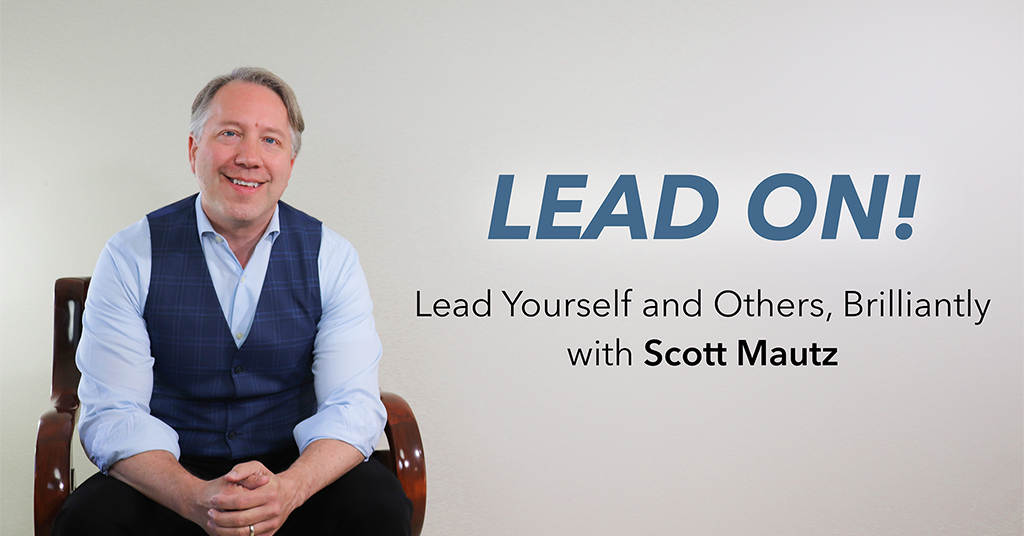
INSIGHTS (on leadership/self-leadership)
I wasn’t expecting an aid to self-belief to surface where it did. I was recently at the famed Comic-Con, listening to a panel of experts from the movie making industry share their secrets of the trade. One very accomplished panelist caught my attention when he shared the biggest industry secret of all:
“None of us know what we’re doing. We’re all just trying our best.”
This, from someone who had cracked a notoriously difficult industry to crack, and was crushing it.
What if you acted as if you knew that NOBODY around you really knew what the hell they were doing? So much of dwindling self-belief is based on uninformed comparisons. You must be doing better than me, which means I’m less than you. You must have it all figured out. Which means I don’t. And downward spirals your confidence.
But what if you truly believed that everyone, even you, is just trying their best in an exhausting, unfair, brutal world? And that what you think they’ve mastered, they’re actually muddling through? Think of how it would change the way you view yourself. And how it would change the patience and acceptance you’d have of others, too.
So, believe that you’re just trying your best, like everyone else. Then, guess what? You’ll bring your best.
IMPERFECTIONS (a mistake many make)
There’s a time to think, to act, to reflect, and to move forward. Overthinking causes us to spend too much time thinking, getting stuck in a loop of inaction, and turns positive reflection into debilitating worry. Not only does it not move us forward, it moves us backward, downward, and even causes health problems, as research shows. Here are 5 mental tricks to stop overthinking everything.
1. Reopen the door only when new information knocks.
Overthinking goes into overdrive when you keep revisiting your decisions. Do so only when presented with new information.
2. Know that overthinking and problem solving aren’t the same thing.
Constantly ruminating and going over scenarios and possibilities often disguises itself as problem solving. It feels like you’re doing something good and useful. But you’re not, you’re just spinning in a circle. Recognize when you’re overthinking something, don’t act like it’s problem solving, and press fast-forward.
3. Assume good intent.
Overthinkers read too much into things, assuming something bad lies underneath. Instead, assume good intent. The vast majority of the time, that’s the case, so why not act like it?
4. Embrace informed ignorance.
News flash: You can’t read the future, you can’t read minds, and you can’t know everything. So don’t try. Thinking harder doesn’t activate the crystal ball.
5. Stop framing the unremarkable as catastrophic.
Stop taking small details and turning them into questionable conclusions. Stop making a mountain out of a molehill. Unlike at the mall, this kind of escalator lifts nobody up.
IMPLEMENTATION (one research-backed strategy, tip, or tool)
Want to make meetings dramatically more effective? End each one with this magic, five-word question:
“Who’ll do what by when?”
Doing so eliminates “meeting drift,” where memories turn fuzzy on what was discussed and there are then as many takeaways as there were meeting attendees. People will pay more attention, too, as you don’t want to get assigned a task without knowing why and what’s expected of you.
The question also forces clarity of thinking, because you must decide what exactly it is that needs to be done next. Ever been at the end of a meeting when you began discussing the “what” to be done, only to realize you hadn’t really finished your discussion or come to alignment on the issues or opportunities to be able to arrive at a “what”? Exactly.
As for the “by when” part, it forces actions to be time bound. People squirm when you assign a date to something they own, especially when you do it in front of others — but it drives accountability.
So, use these 5 words for meeting magic.




Leave a Reply